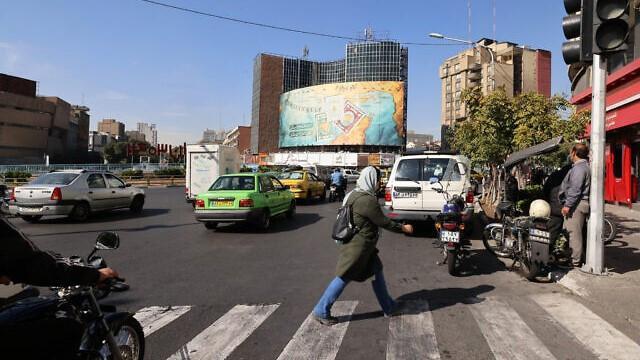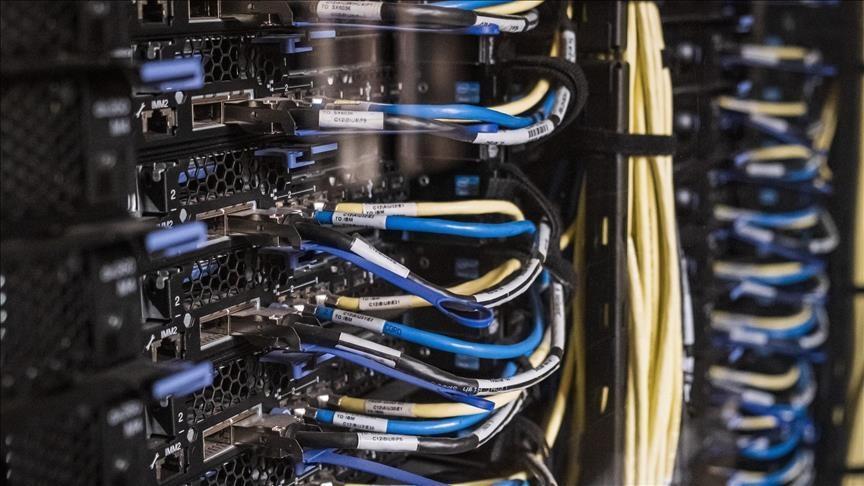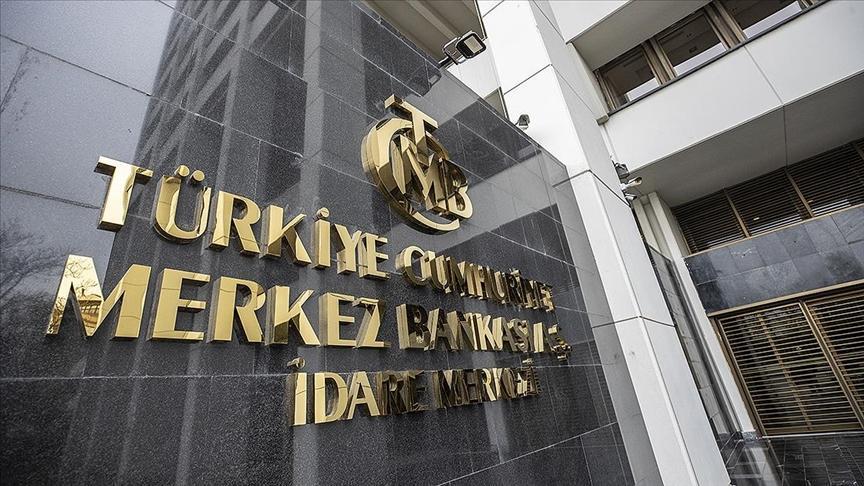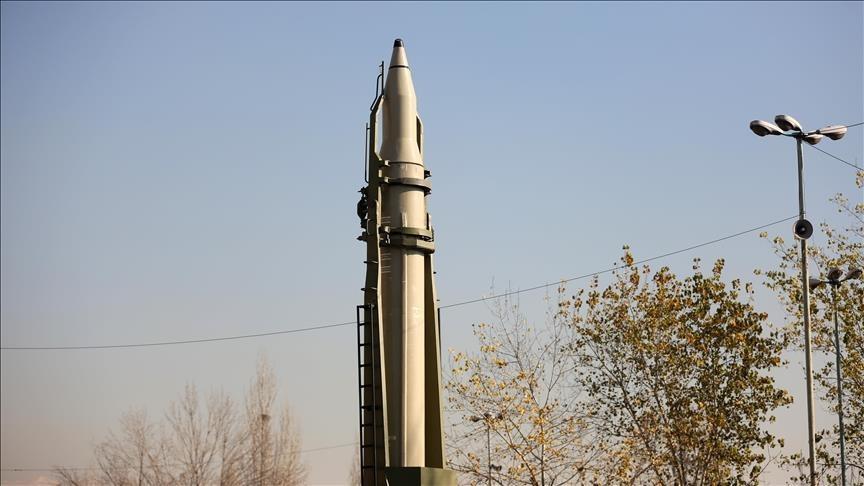Will the PKK and the Turkish state carry on talking or fighting
Both Turkey’s ruling Justice and Development Party (AK Parti) government and the Peoples’ Democratic Party (HDP), which is focused on the Kurdish problem, are giving messages one after another these days about an upswing in talks amid reports of escalated tension in the predominantly Kurdish east and southeast of the country.
Yesterday, thousands of people gathered in Uludere at the town called Roboski in Kurdish near the Iraqi border in an HDP-organized ceremony to commemorate 34 people (petty-smuggler villagers) killed by Turkish jets three years ago when they were mistaken as militants of the outlawed Kurdistan Workers’ Party (PKK). They chanted slogans against President Tayyip Erdoğan (the prime minister of the time) and Chief of General Staff Gen. Necdet Özel, protesting the fact that no one has been put on trial over the killings yet.
On Dec. 25 in Cizre, a strategically located town near both the Syrian and Iraqi borders, three people were killed and six were wounded (according to official figures) in clashes between the militia of the PKK and the Kurdish Hizbullah. The HDP, which shares a similar base with the PKK, and the Free Cause Party (Hüda-Par), which shares a similar base with Hizbullah, made statements blaming each other for attacking first.
It was interesting to observe that pro-government papers on Sunday were accusing the PKK of trying to suppress pious Kurdish Muslims while critical newspapers were reporting that security forces had failed to take the tension under timely control. The two bigger opposition parties, the Republican Peoples’ Party (CHP) and the Nationalist Movement Party (MHP), have been criticizing the government for some time for losing state authority to PKK-affiliated groups that have taken advantage of the “dialogue process.”
In a similar tension between the two groups on Oct. 6-7, 40 plus people were reportedly killed, which caused Prime Minister Ahmet Davutoğlu to submit a legal package to Parliament giving extra powers to the police and military forces. Yesterday, he drew attention to those who wanted to undermine the dialogue process between his government and the PKK in pursuit of a political settlement to Turkey’s chronic Kurdish problem.
Following the Oct. 6-7 incidents, Davutoğlu said he gave extreme importance to the Kurdish peace process, but not at the risk of “public order,” which he had shown as justification for giving extra powers to security forces. That made the PKK headquarters in the Kandil Mountains of Iraq more nervous about the future of the talks; they suspect that the government could “stall” them with “carrot” policies until the June 7, 2015, elections and then shift back to “stick” policies with new security laws.
According to Selahattin Demirtaş, the co-chairman of the HDP, the “dialogue” that has been continuing since December 2012, could be stepped up to the “negotiations” phase in the first two weeks of 2015.
That has not yet been confirmed or denied by the government, but indeed makes the whole process extremely vulnerable to provocative actions.
If the negotiations start and end successfully, that could end the armed campaign of the PKK, which has claimed some 40,000 lives in the last three decades.
Therefore, the next couple of weeks could be extremely important for understanding whether the PKK and the Turkish government will carry on talking for peace or go back to fighting in the already inflammable atmosphere of the Middle East.











